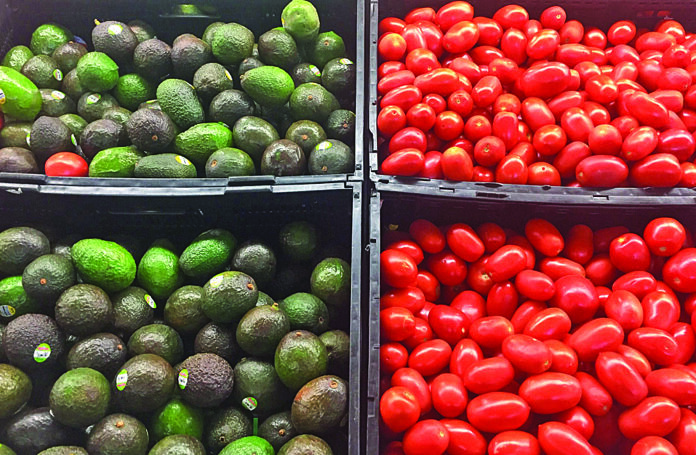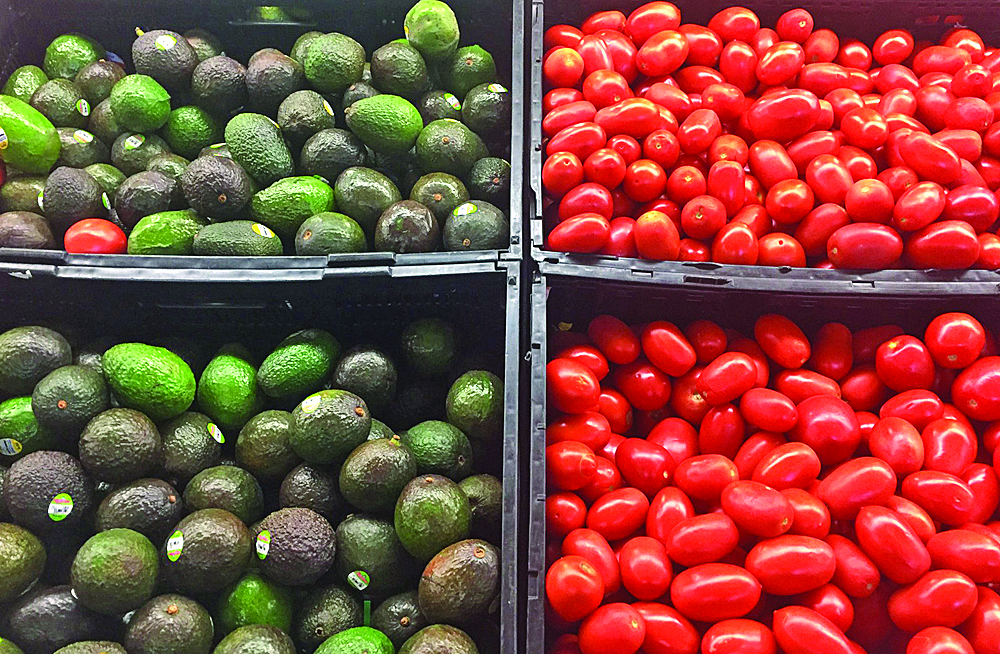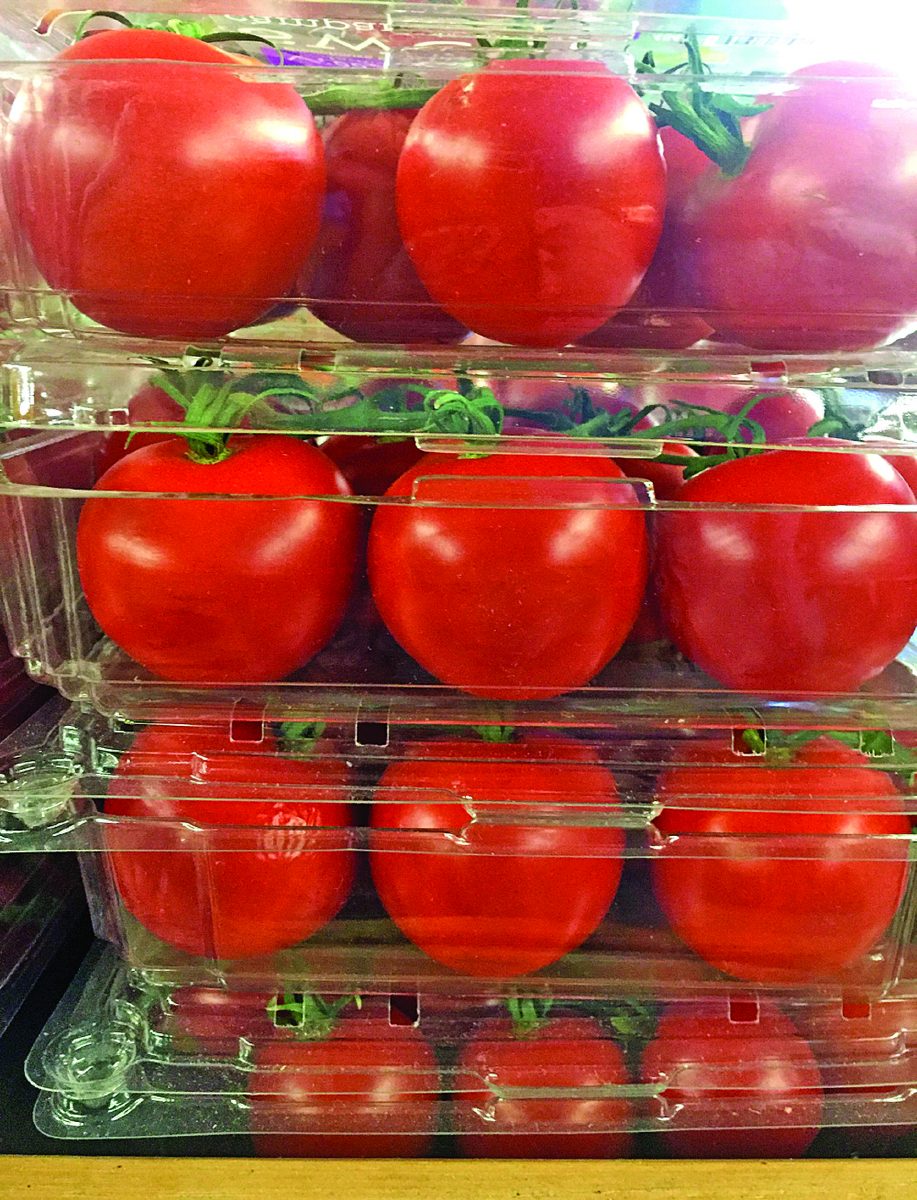
DONNA — Jaime Garcia slipped on a puffy jacket, walked into the frigid warehouse and weaved through boxes and boxes of Roma and grape tomatoes. The United States and Mexico had been at war over the juicy fruit for most of 2019, but business continued at the Kingdom Fresh cold storage facility, and at the bridge in Pharr.
More tomatoes cross into the U.S. through Pharr than at any other crossing point, so when negotiators from the U.S. Department of Commerce and associations of Mexican tomato growers reached a deal late Tuesday to end the tariffs imposed on Mexican tomatoes earlier this year, officials and groups in both countries were relieved.
“A lot of people are happy,” said Dante Galeazzi, president of the Texas International Produce Association, “that we can move to a sense of normalcy.”
But Galeazzi acknowledged the introduction of some new challenges, ones that will affect companies like Kingdom Fresh in Donna.
“Warehousing space is going to be a problem; trucking’s going to be a problem,” said Jaime Garcia, general manager at Kingdom Fresh, the bustling cold storage facility. “I believe there will be new bottlenecks along the supply chain. It could be at the bridge but I think it’s going to be more at the warehouses.”
He added: “The whole scenario’s going to take longer.”
The Trump administration in May imposed a 17.56% tariff on Mexican tomatoes and resumed an investigation into whether Mexico is ‘dumping’ tomatoes at lower prices. The new agreement, which is expected to be finalized next month after a 30-day public comment period, will suspend the investigation and officially lift the tariffs.
The deal reached this week was welcomed by Florida tomato growers, whom Garcia called “the biggest and most important tomato growers in the states.”
“The agreement establishes unprecedented measures and enforcement provisions that will help protect American tomato farmers from injurious dumped Mexican tomatoes,” the Florida Tomato Exchange, a tomato group, said in a statement.
But the better quality is often Mexican tomatoes, Garcia said, which could be hampered by some new provisions. One that Garcia noted in inspections.
“The question now is: What’s going to happen?” said Luis Bazan, director at the bridge in Pharr. “Are they going to go through with the inspection of 90% of the shipments? It could be devastating.”
Federal produce inspectors have long been understaffed, and the understaffing could lead to backlogs at places like Kingdom Fresh, which would have to store recently imported tomatoes until inspectors visited to conduct inspections.
“It’s a shelf-life issue,” Garcia said. Distribution facilities like his will likely hold onto tomatoes longer, leading to longer durations between harvest and consumption. He predicted some will have to build additional warehouse space.
The Rio Grande Valley could possibly see the most tomato-related delays.
“In 2017, half-a-billion dollars worth of tomatoes crossed the Pharr Bridge alone,” Galeazzi said.
A premium will likely be placed on finding more inspectors, but that is no quick process, and once the 30-day public comment period ends and the agreement is enacted, the inspection process could begin within the next six months.
“It’s a non-tariff trade barrier,” Garcia said. “And it would slow down the whole process.”
But the inspections weren’t an issue before, so why the change?
“The main goal of the Florida growers is to limit the access of Mexican tomatoes into the states,” Garcia said.
They may have done just that.






